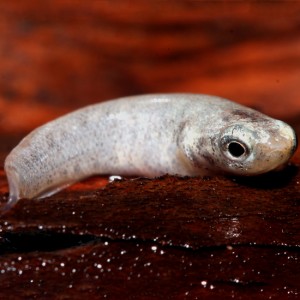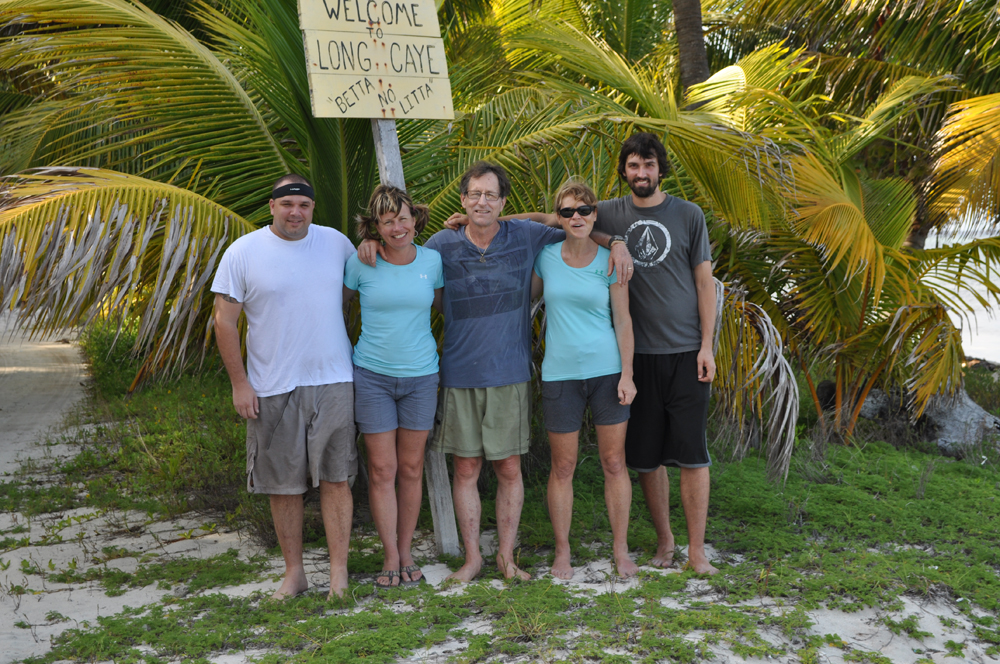Welcome to the Environmental Physiology Lab at the University of Guelph led by Dr. Patricia Wright.
We are interested in how animals cope with changes in the environment. We explore the strategies that amphibious fishes use to survive and thrive out of water. We have conducted field work in Belize where the self-fertilizing, amphibious mangrove rivulus (Kryptolebias marmoratus) reside in crab burrows in the forest floor. Learn more at Research.
Research in our lab for many years has been focused on nitrogen metabolism and excretion. Elevated ammonia in the environment is toxic to fish. Recently, we have studied the mechanisms of ammonia transport across fish gills, skin and kidney. We have been interested in the pathways for ammonia excretion. Also, we have examined the pathways for urea transport and excretion. Learn more at Research.







